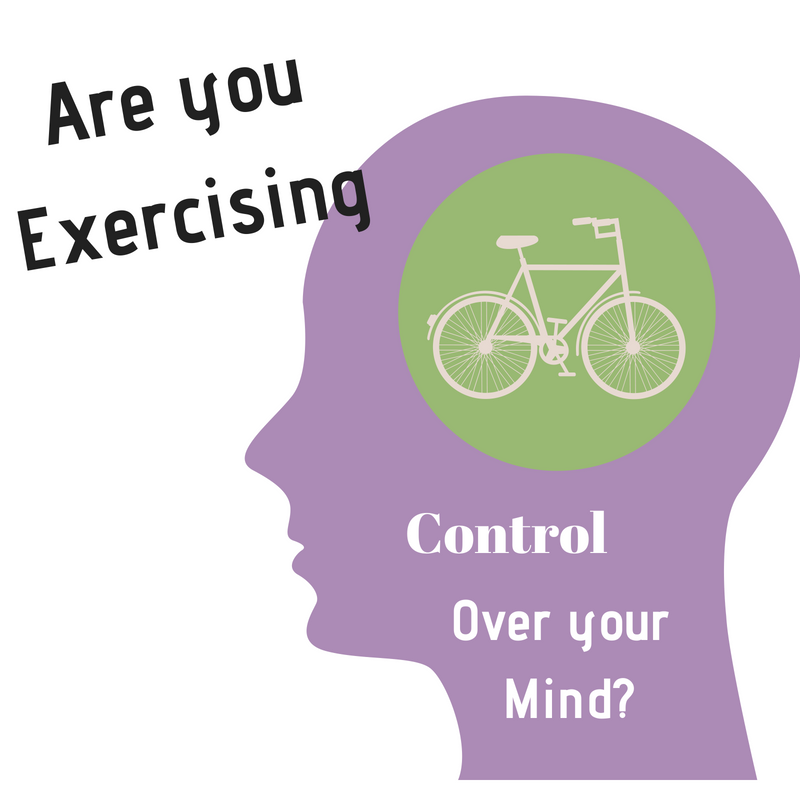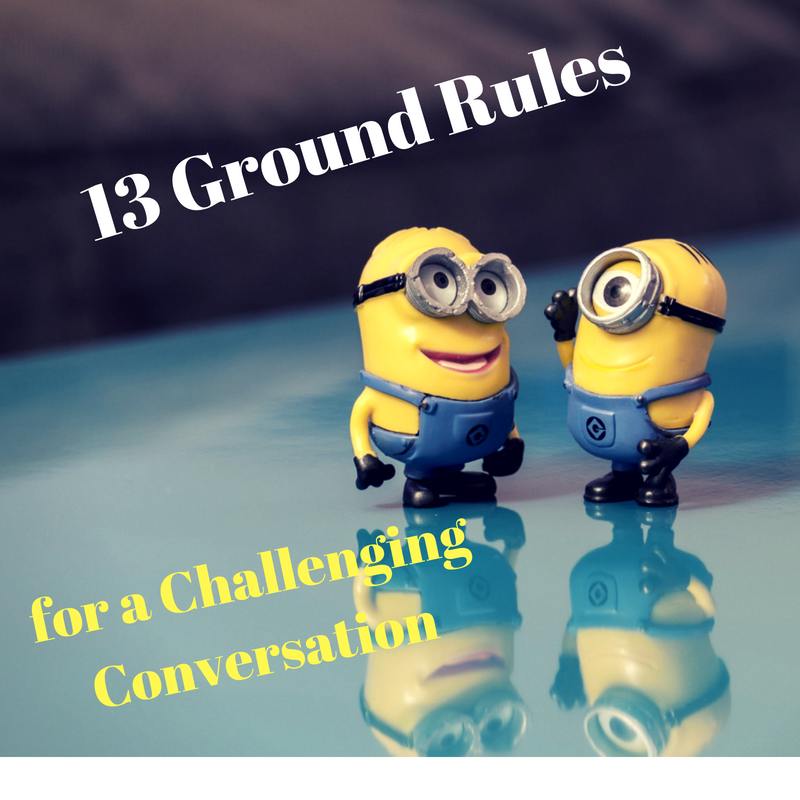 Are you giving this gift to yourself and others?
Are you giving this gift to yourself and others?
If you’d like to be a better you……have better relationships and live a better life, definitely start out by frequently giving this gift to BOTH yourself and others!
I’ll condense a story from the book QBQ by John Miller
John’s first job in sales was to recruit twenty sales managers to attend a five-hundred-dollar, two-day workshop.
“I was cold calling and working hard but by the time of the workshop, only nine people had registered.”
The day of the workshop, his boss looked out at the participants and said, “I see 20 people.”
John responded back, “I only see nine and I only sold nine tuitions.”
His boss smiled back and said, “I know, but I see 20 because I know you can do it.”
The next workshop was 60 days away and it was like a graduate school class in rejection. One day John made 75 phone calls and was turned down by all of them.
John thought “this is impossible.”
But his boss’s voice kept coming back to him.
“John, I see 20.” “I see 20 because I know you can do it.”
Hearing his boss’s words again and again, John thought:
“Ok,maybe I can. Maybe I can.”
Have you ever been uplifted by having someone really believe in you?
Someone who helps you see and believe what is really possible for you?
Sometimes, when our belief in ourselves is stretched really thin, we need someone to transfer their belief into us.
What messages do you send to the people around you?
What messages do you send yourself?
Too often, instead of sending positive, encouraging messages like “I see 20!”-we send discouraging messages of doubt, such as:
“Why’d you do it that way?”
“Why can’t you get things done on time?”
“You can’t handle it.”
“You did what?”
“When will you get it right?.”
Each of these say:
“I doubt your capabilities,”
“I don’t really think you can do it,”
“I don’t trust you to make good decisions.”
When we communicate negative messages like these through our words and actions to the people around us, and to ourselves, we do more harm than good.
Positively encouraging ourselves and other people is a POWERFUL service.
How does it make you feel when someone believes in your potential even when you don’t?
Can you pass that gift on to help pull someone else up?
Can you also work on giving this gift to yourself?
We all deal with vulnerability, uncertainty, and failure.
BELIEVING allows us to move forward in faith and trust that we’ll figure it out.
BELIEVING is the biggest difference between successful people and unsuccessful people. It isn’t intelligence, opportunity or resources.
BELIEVING is what makes it possible and allows you to make progress.
BELIEVING raises the bar on what we can learn and accomplish regardless of what’s happened in the past.

 People will often say to me,
People will often say to me,


